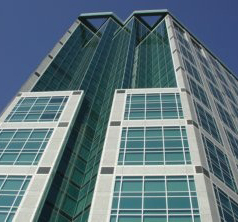But widespread internet use generally and social media specifically have also created another problem related to child pornography: how to respond to minors who distribute images of themselves or receive images of their underage significant others. The temptation for teenagers to take and share naked “selfies” is often met with a heavy handed response from law enforcement agencies and prosecutors.
This appears to be what happened earlier this month when a 16-year-old girl in Virginia was arrested and charged with distributing child pornography. She had taken nude pictures of herself, posted them on Twitter and sent some directly to some “male acquaintances,” who were presumably also minors.
She could now face felony charges. Indeed, similar cases within the last decade or so have resulted in criminal charges and even some convictions for minors who did the same thing. Thankfully, however, it seems likely that prosecutors in this case will either pursue probation or let her off with a warning.
To be sure, it is almost certainly a bad idea for teenagers to distribute nude photos of themselves online, regardless of whether their actions constitute criminal behavior. Few teenagers realize before the fact just how far and wide those pictures could be distributed, and that they could exist online indefinitely.
But while such photos may meet the legal definition of child pornography, the issue of criminal charges in these cases is much murkier. If minors cannot legally consent to posing for nude photos, can we expect those same minors to be held criminally responsible for photographing themselves and sharing those pictures?
Source: Business 2 Community, “16-Year-Old Arrested For Child Porn After Posting ‘Selfie’ Pics On Twitter,” James Kosur, Feb. 5, 2014

